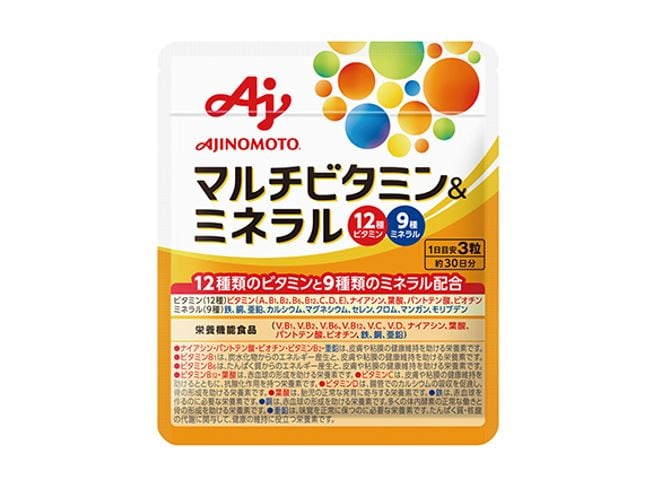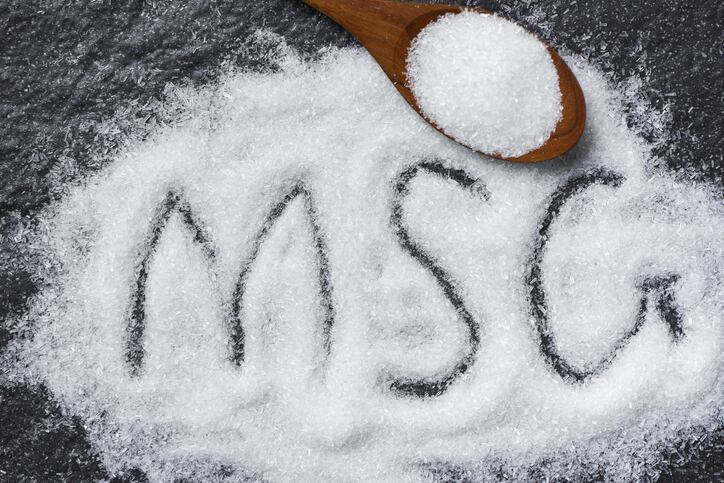This is Ajinomoto’s first foray into vitamins and minerals which was confirmed by Daisuke Nakamiya, associate general manager at Ajinomoto’s global communications.
It contains vitamins A, B1, B2, B6, B12, C, D, E, niacin, folic acid, pantothenic acid, biotin and the minerals, iron, copper, zinc, calcium, magnesium, selenium, chromium, manganese, molybdenum.
The multivitamin and mineral supplement is said to provide approximately half of the standard daily value of vitamins, and one-third daily value of minerals.
This is based on the average daily value required by a Japanese person above 18 years with a 2,200kcal energy intake according to the Ministry of Health, Labour and Welfare.
Nakamiya told NutraIngredients-Asia: “The main dietary supplement we sell is amino acids, but this is our first vitamin and mineral supplement.”
He said the domestic market size of such multivitamin supplements was worth JPY80bn (US$742m) in 2019, and he forecasted annual growth of 1%.
“The market is already 80 billion yen and we are a latecomer. We release this supplement to support the health maintenance of our customers where their diets do not provide adequate supply of vitamins and minerals.”
The target audience is senior consumers, as the firm believes that may have a reduced appetite and nutrient intake.
“This is the group with a need to supplement vitamins and minerals that are often deficient in normal diet due to disturbance of eating habits and life rhythm,” Nakamiya said.
The supplement retails at JPY1,088 (US$10.10) per pack (90 tablets). The recommended daily intake is three tablets.
It retailed nationwide through Ajinomoto’s e-commerce store since the end of May.
There are currently no plans to sell the supplement in its overseas markets. However, Nakamiya told us Ajinomoto recently started to launch its amino acid supplement for athletes (aminoVITAL) in Thailand, Vietnam and Philippines.
The company reported revenue of JPY1.1tr (US$10.2bn) for the fiscal year ended March 31, 2020, down 1.3% year-on-year. The loss was attributed to a decrease in animal nutrition sales despite increased sales in pharmaceutical manufacturing and amino acids for pharmaceuticals and foods.
Profit also fell to JPY28.9bn (US$268m) from JPY39bn (US$362m).
Despite an increase in demand for some amino acids for pharmaceuticals, home-use seasonings and processed foods, the COVID-19 pandemic led to a decrease in demand from food service and industrial clients.




